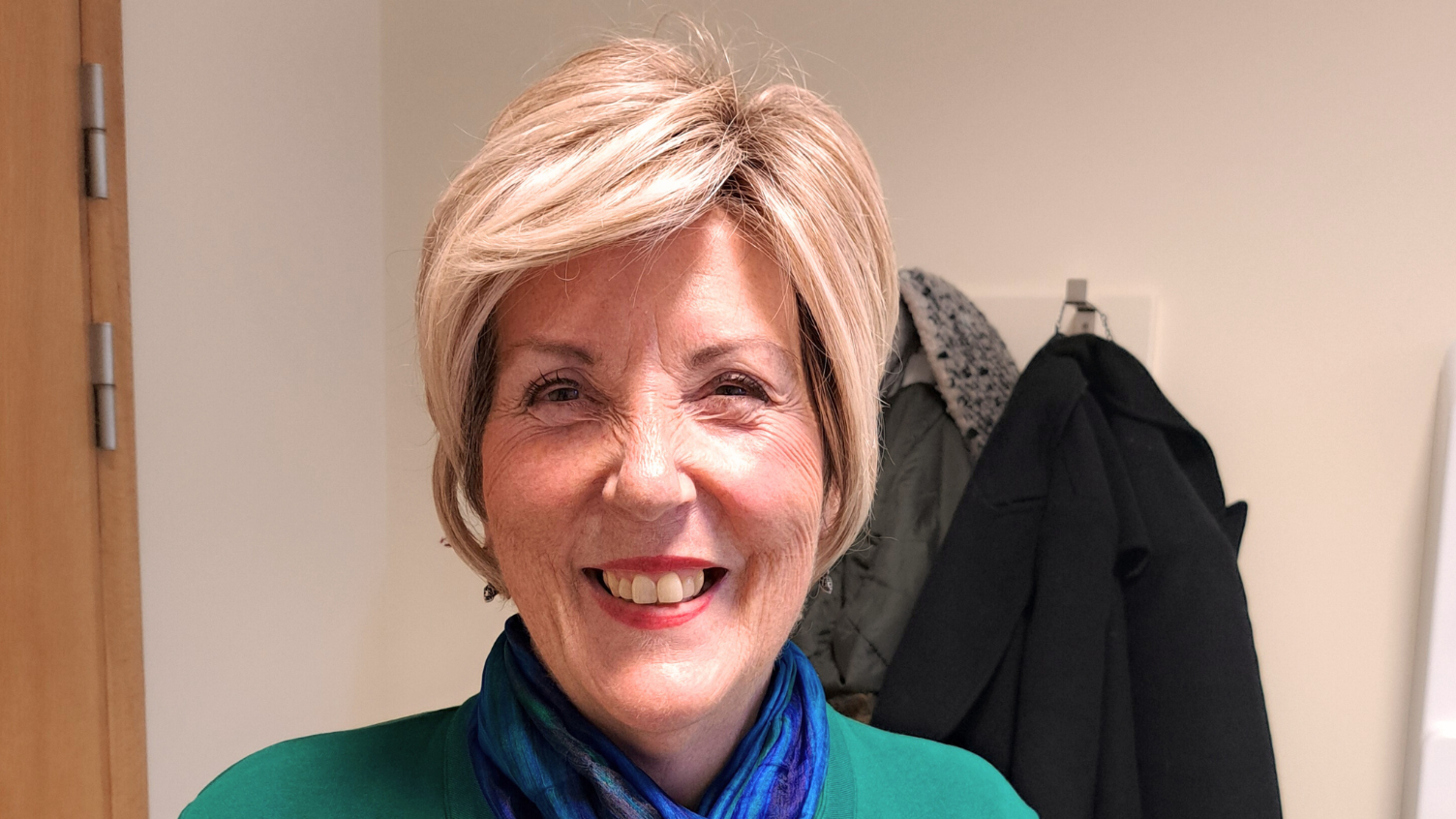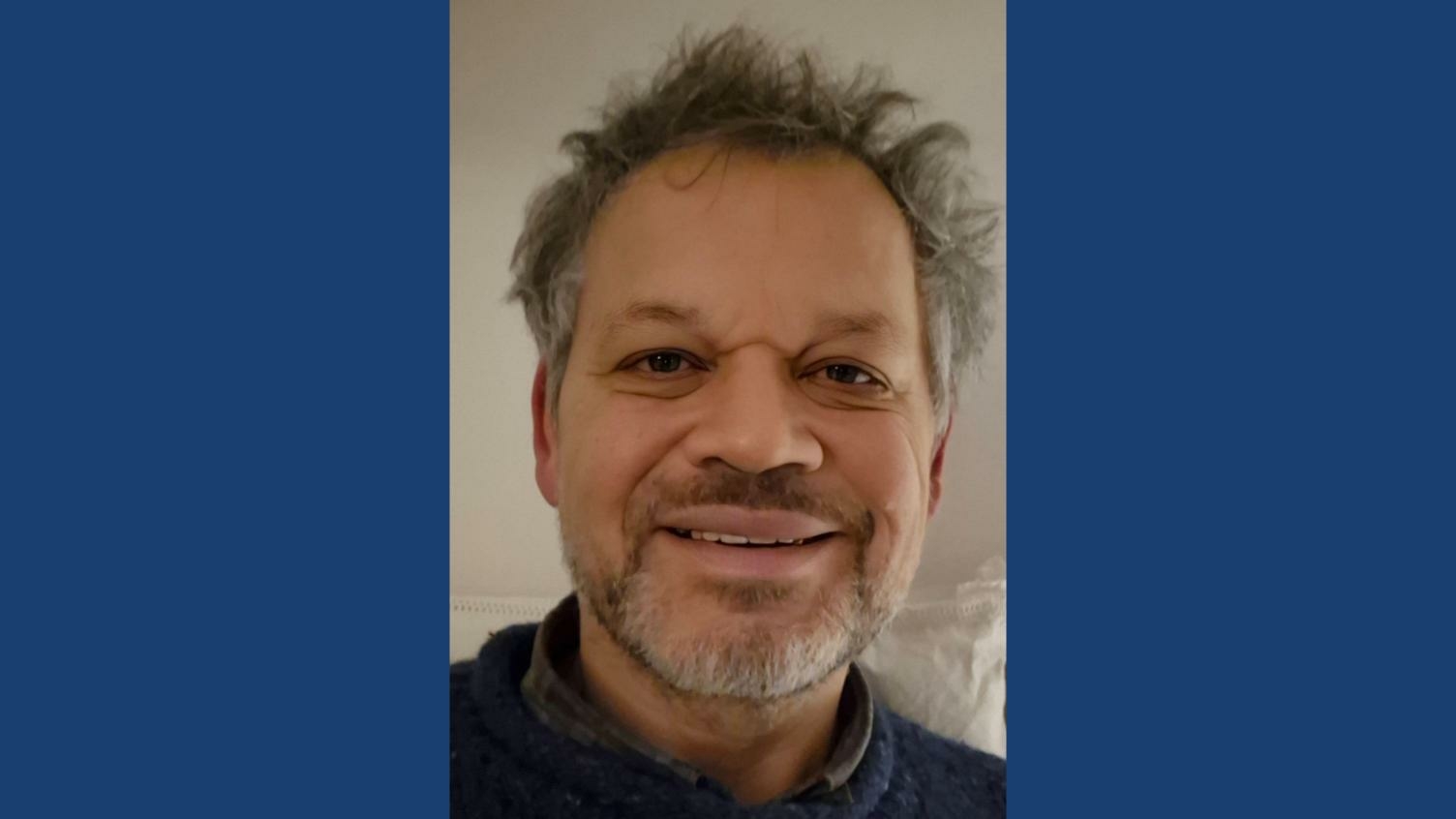Award winning Radiologist shares his research journey
- 25 November 2021
- 4 min read
Following the announcement of his recent Outstanding Clinical Radiology Researcher of 2021 award from The Royal College of Radiologists (RCR) and the NIHR, we talked with Dr Jonathan Rodrigues to find out more about his career in radiology.
Dr Jonathan Rodrigues
Following the announcement of his recent Outstanding Clinical Radiology Researcher of 2021 award from The Royal College of Radiologists (RCR) and the NIHR, we talked with Dr Jonathan Rodrigues to find out more about his career in radiology.
"My medical career started with an intercalated BSc in Edinburgh, which included research into cancer. When I finished medical school, I found an academic foundation job at the Royal Infirmary of Edinburgh in the cardiology department. So I first became interested in cardiology, but realised I quite liked the breadth that radiology offers; it's not just one organ system, it's every organ system and lots of different imaging modalities, as well all age groups.
"I then moved down to the Bristol region to start clinical radiology training, and during that time period I took time out of training to do a clinical research fellow job at the Bristol Heart Institute which involved clinical research into cardiac MRI. I finished training and went to the University of Toronto for a year after training and did more advanced imaging and research into thoracic imaging, and then took up a consultant job at Royal United Hospital (RUH) about three years ago now."
As well as his Consultant Cardiothoracic Radiologist role at RUH, Dr Rodrigues is a member of the NIHR Imaging Group Workforce Subcommittee, an Imaging Champion for the NIHR CRN West of England and Consultant lead for the RADIANT (Radiology Trainee Research Network) in Severn. His sub specialty area of interest is multimodality cardiothoracic imaging, including cardiac imaging and thoracic imaging.
"The best way to describe my recent research studies is multimodality imaging research that is conducted by a truly multidisciplinary team across multiple institutions: in the NHS and in partnering academia, at the University of Bath, as well as with some industry collaboration. Broadly speaking it's research into common cardiac and thoracic pathologies, which we know are important diseases that affect a lot of people. My research focuses on new imaging techniques and artificial intelligence (AI) that hopefully is going to improve patient outcomes and be applicable to a wide cohort of patients."
Through his role as the Guidelines and Standard Lead for the British Society of Thoracic Imaging (BSTI), Dr Rodrigues, also played a key role establishing the BSTI NHSX database, the precursor to the National COVID-19 Chest Imaging Database (NCCID).
"When the COVID-19 pandemic hit, we had to do a lot of work to educate people as it was a virus that affected the lungs and caused lung damage and changes. It was a new disease process; we didn't know what it looked like, we didn't know how it behaved and we didn't know how to distinguish it from other abnormalities on chest X-rays and CT scans. So the precursor to the NCCID was born out of an emerging clinical need and there was rapid mobilisation to answer that clinical need.
"As a team we rapidly put together what started out as an educational database. People from around the country could upload scans of patients that had COVID-19, in a fully anonymised manner, and this allowed shared learning in a secure environment. I think that's really what research is all about, shared learning, it's about some people answering a question and others learning from that. It was very apparent that this was built in haste, but it could start to answer questions that we've been wondering about in a wider context; could imaging help prognosticate [being able to predict], diagnose and identify people for treatment?
"Now that data has been pulled into the central resource, people have been able to look at it and use it to develop tools. We're now formally assessing those tools in a secure and robust environment on the AI evaluation side. So it really has been a very rapid journey from nothing to a fully functioning, multicentre database, potentially the biggest of its kind in the UK ever, which is now starting to deliver clinically impactful results."
Dr Rodrigues is also passionate about supporting trainees and those thinking about a career in radiology research.
"Radiology is a wonderful career, it's a hugely exciting field and there are lots of research opportunities. I think it's important that those of us who are trying to move up the research ladder make sure that we extend a hand down to bring up the next generation. That's how you're going to develop an imaging workforce where research is embedded into everything we do, not just as a luxury or an additional tick box. At RUH, we make sure that trainees have projects that they can be involved with and that they can deliver a piece of work in their six month attachment."
Interested in finding out more about a career in research? Find out more about Your Path in Research.


